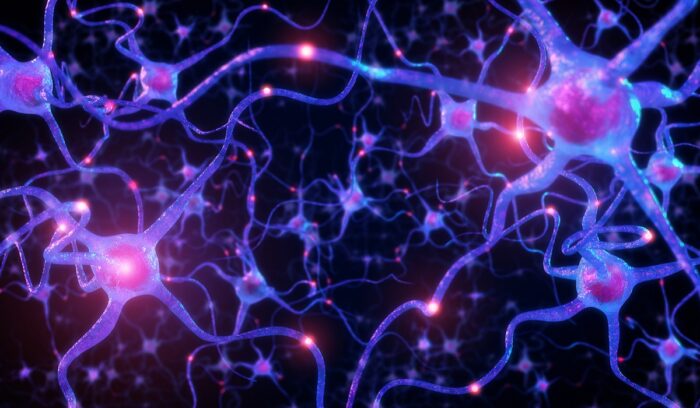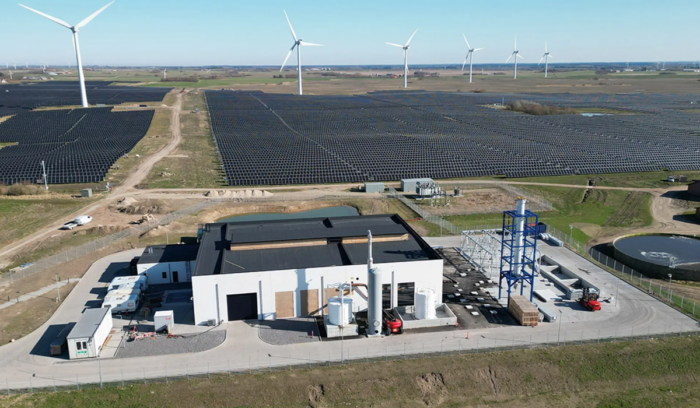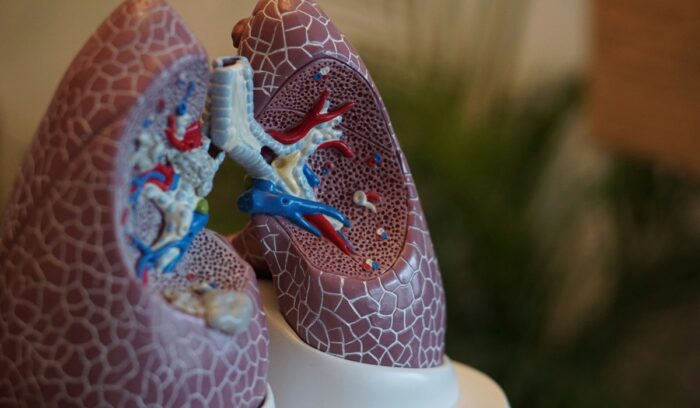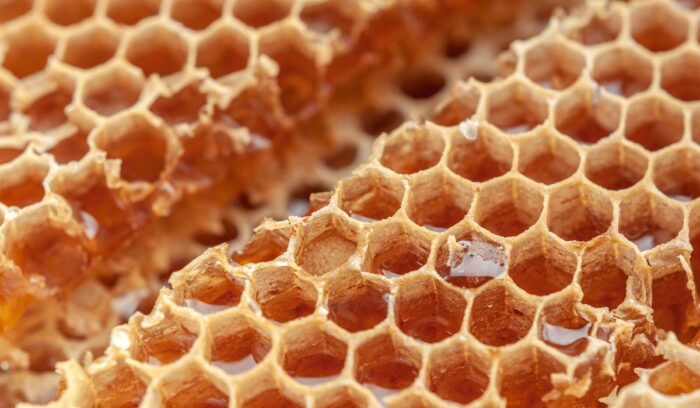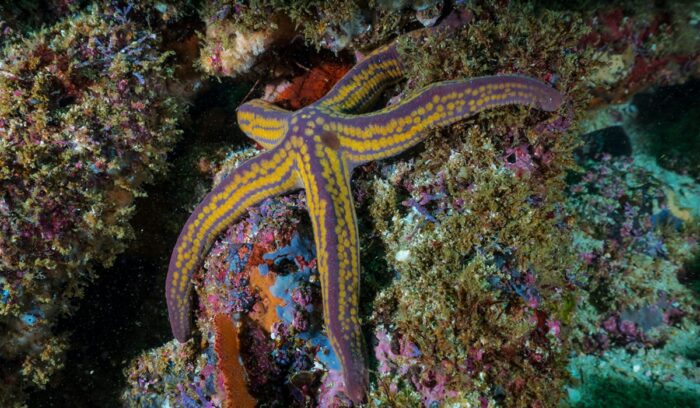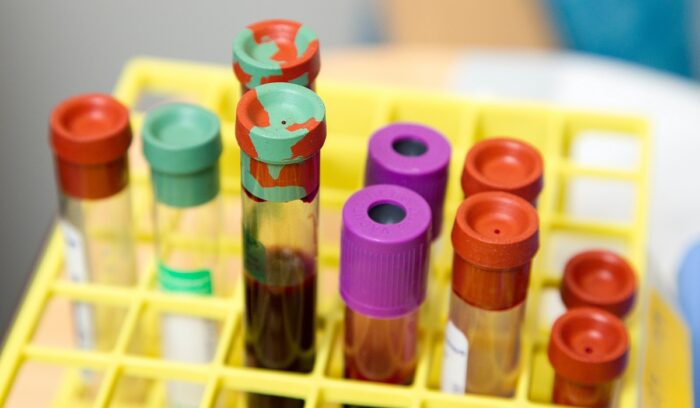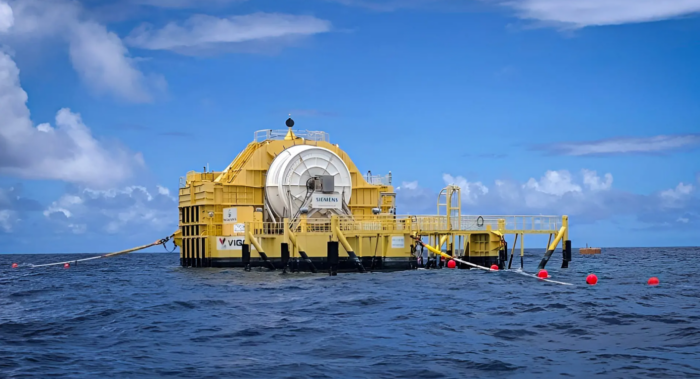Synapse-restoring pill set for human trials as novel schizophrenia treatment
Spinogenix is the American company behind the once-a-day pill that restored lost nerve cell connections in people with amyotrophic lateral sclerosis (ALS). Having been granted approval from the Australia Human Research Ethics Committee (HREC), it is now actively enrolling participants for its Phase 2 clinical trial to evaluate the safety, effectiveness, tolerability, and pharmacodynamics of once-a-day SPG302 as a treatment for schizophrenia.

